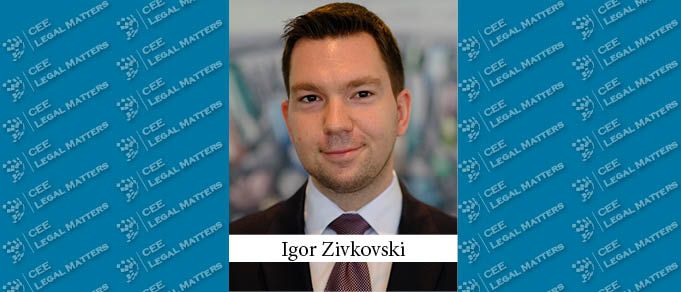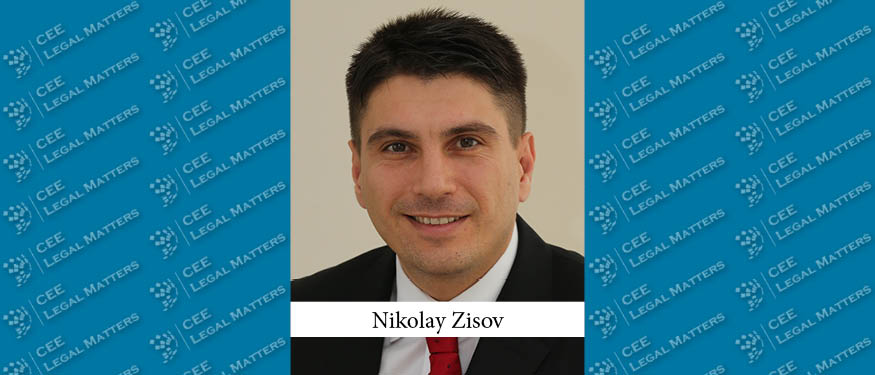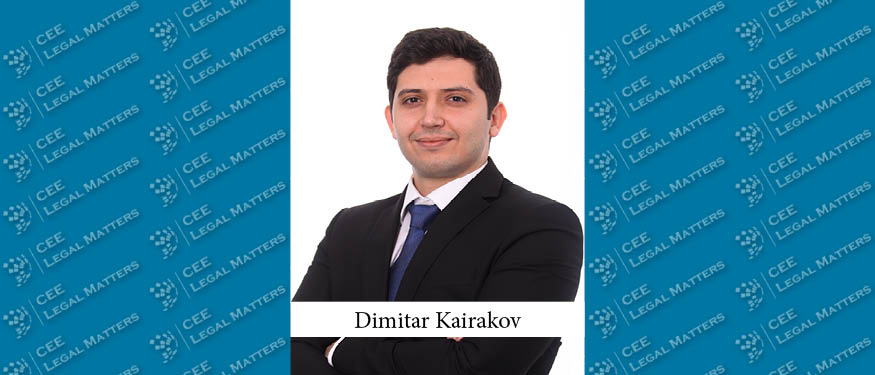White-collar crime is a term first coined by sociologist Edwin Sutherland in 1949 who defined it as “a crime committed by a respectable and high-social-status person during the profession.” Prior to Sutherland’s introduction of the concept of white-collar crime, the upper classes of society were thought to be incapable of engaging in criminal activity.
In simple terms, white-collar crime is an illegal activity for financial gain which is non-violent but economically hazardous. The main purpose of these crimes is to obtain money and property, avoid losing existing property, or gain a personal or commercial advantage. White-collar crime can include organizational crimes.
White-collar criminals usually occupy a professional position of power and prestige and one that commands well-above-average compensation. Therefore, when speaking about white-collar crime, we are usually discussing crimes like money laundering, tax evasion, bank fraud, cyber-crime, and embezzlement, but also bribery, forgery, and abuse with respect to public procurement, crimes that are typical of offenders who are government professionals.
White-collar crime is commonly subdivided into two broad, general categories: individual crimes and corporate crimes. Individual crimes are financial crimes committed by an individual or a group of individuals, while corporate crimes are certain white-collar crimes that occur on a corporate level. For example, a brokerage firm may let its trading desk employees engage in an insider trading scheme. Money laundering may also be conducted on a corporate level.
What should be emphasized is that in the Criminal Code of the Republic of Serbia (Criminal Code), criminal acts that fall under this form of criminal offense are not separated into a separate section, but are found in several sections: e.g., criminal acts against official duty, against legal traffic, against the economy. This is because the crimes in the Criminal Code are grouped into sections, according to the group protection object, and the reason that the crime belonging to white-collar crime is found in a larger number of sections is precisely the essence of this type of crime, that it is carried out by abuse of various legal occupations for the purpose of obtaining illegal property benefits.
Illegal actions intertwine with completely legal ones, and it is often difficult to determine what actually constitutes border crossing. On the other hand, illegal gain, usually material, is the ultimate and highest goal of those who decided to be engaged in incriminated activities, which are undertaken where there are opportunities and space for them, whether it is in the economy, private or public sector, whether it is on state bodies, holders of public authority.
The most common white-collar crimes in Serbia are bribery, money laundering, and tax evasion.
The Criminal Code does not explicitly define the term bribery but defines this term through the elements of two criminal offenses called “giving a bribe” and “receiving a bribe.” Therefore, according to Serbian law, a bribe is a gift, other benefits, i.e., the promise of a gift or other benefits for oneself or another that an official directly or indirectly requests or receives to perform, within the scope of their work or in connection with their official powers.
In terms of money laundering, criminals in Serbia use several tools. The most common are precious metals, real estate, and virtual currency such as Bitcoin.
The Criminal Code prescribes a penalty for this criminal offense of six months to five years in prison and a fine, and if the amount of property exceeds approximately EUR 13,000, the penalty is from one to ten years in prison and a fine.
Tax evasion is a basic fiscal criminal offense in our legal system, systematized as a criminal offense against the economy, and is regulated by Article 225 of the Criminal Code, according to which the penalty is one to five years in prison and a fine if the amount of the tax liabilities whose payment is avoided exceeds approximately EUR 8,500.
According to Serbian law, tax evasion has three alternative enforcement actions. The first is providing false information about legally acquired income, the second is not reporting those facts that are important for determining tax liabilities, and the third consists of concealing data related to determining tax liabilities. It means that the act of the criminal act of tax evasion is a specific fraudulent activity, which manifests itself as doing or not doing, that is, as an active or passive activity.
By Igor Zivkovski, Partner, Zivkovic Samardzic
This article was originally published in Issue 9.12 of the CEE Legal Matters Magazine. If you would like to receive a hard copy of the magazine, you can subscribe here.














